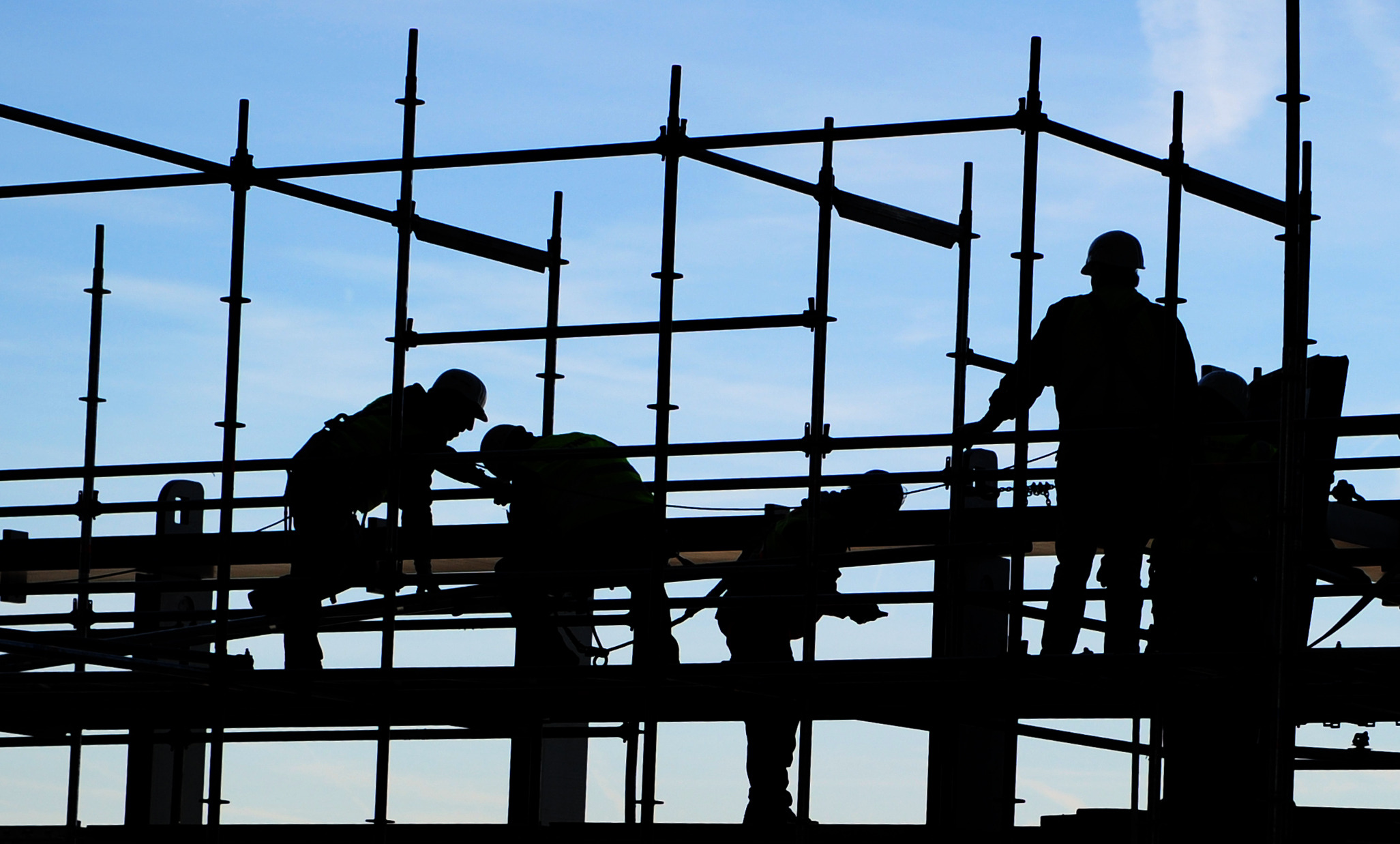German government to suspend tightening of building efficiency rules
Germany’s government has agreed to suspend the planned introduction of tighter building efficiency standards in order to boost the construction of affordable housing. Shortly before a “housing summit” in Olaf Scholz’ chancellery, Green economy and climate minister Robert Habeck said the country’s new heating law already ensured that new buildings will have climate-friendly heating from 2024. “That's why I don't think it's necessary to quickly introduce the new standard now,” he added.
The planned “EH 40” standard was meant to stipulate that new buildings only use 40 percent of the primary energy needed for a reference building. “It can wait, and it doesn't make much sense before the EU Buildings Directive. Therefore, I no longer expect this new standard in the current legislative period.” Habeck said it would now be more important to ensure that building materials are as climate-friendly as possible.
Climate NGOs said the government decision puts the national climate targets further out of reach. “A fatal blow for climate protection in the building sector,” commented Constantin Zerger, head of energy and climate protection at Climate Action Germany (DUH). He added the government agreements “made a mockery” of future generations.
Habeck called high interest rates and inflation “a heavy burden” for the construction industry, and said the government needed to focus on affordable housing and provide a boost for the building sector. “Orders are collapsing and for many the family the dream of owning their own home is in danger of being dashed. All this in a period in which housing is scarce and expensive.”
According to a report in Spiegel Online, the government also agreed to extend favourable credit conditions for families interested in buying a home, as well as for people buying existing homes in need of modernisation. Subsidies for the switch to climate-friendly heating will also be topped up, according to the report. Already in early September, Germany's construction minister, Social Democrat (SPD) Klara Geywitz, said newly constructed homes will be eligible for tax credits without the need for tighter efficiency standards.
Construction industry decries "dramatic" situation in the sector
A survey by economic research institute ifo found that the business climate in Germany’s construction sector has dropped to its lowest level since 2009, the time of the global financial crisis. “The mood in Germany’s economy remains bad,” the institute said, but added that pessimism across the economy seemed to be slightly in retreat regarding the coming months. “The economy appears to bottom out again,” it argued.
Last week, business associations representing the buildings sector said they would not attend the housing summit in the chancellery. Construction industry lobby group GdW and landlord association Haus & Grund argued the government failed to understand the sector’s woes and did not address the “dramatic” challenges on time. The event at the chancellery would likely not yield more than “a hastily presented package with detailed measures that the housing and real estate industry as main actors had no real say in drafting,” said GdW head Axel Gedaschko.
Germany is suffering from a housing shortage, a situation made worse by high efficiency standards which result in increased costs, construction associations have complained earlier this month. Tax credits for residential buildings are a cornerstone of Germany’s “Growth Opportunities Act”, unveiled in August. With it, the German government coalition hopes to strengthen the country’s economy and stimulate climate and energy efficiency investments.
Construction minister Geywitz in the week before had pushed back against EU plans to mandate energy-efficiency renovations for the bloc's worst performing buildings, arguing that the country didn’t have to agree to every single climate protection demand from Brussels. Many homeowners lack the money and strength to meet such requirements because such renovations are “a huge act that we are not allowed to enforce by law,” the minister added at the time.

